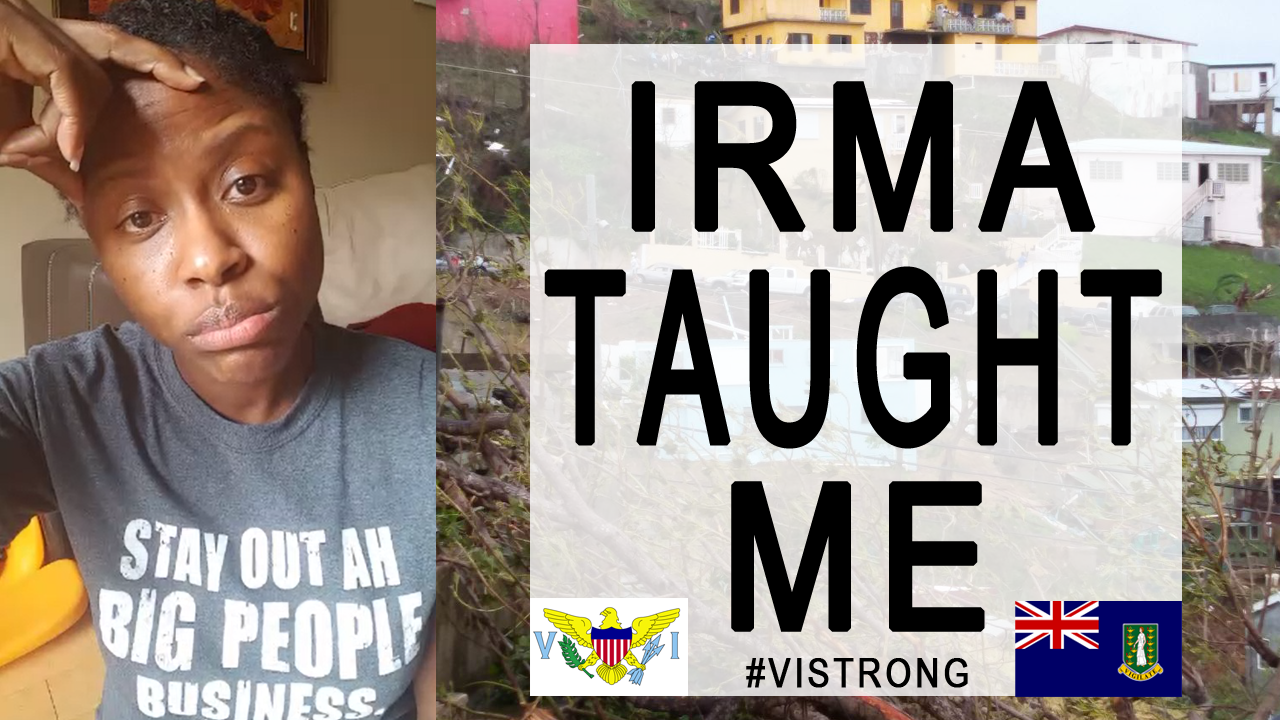The teachings of the Bahá’í Faith provide a profound lens through which to interpret the myriad experiences of life, including the trials imposed by natural disasters like Hurricane Irma. In the face of such calamities, individuals often find themselves reckoning with loss, resilience, and the overarching fabric of community. This article explores the lessons that Hurricane Irma imparted, framed within the principles of Bahá’í teachings, providing readers with a nuanced understanding of how spirituality can guide personal and collective healing.
One of the most salient lessons is the concept of unity in diversity. Bahá’í teachings emphasize that humanity is akin to a single entity; each faith, culture, and individual contributes to the richness of the tapestry of existence. Hurricane Irma served as a stark reminder of our interconnectedness. People from various backgrounds came together to assist in the aftermath of the storm, embodying the Bahá’í principle of collective responsibility. The diverse responses to the disaster illustrated that regardless of faith or nationality, compassion knows no boundaries.
Moreover, the crisis illuminated the importance of resilience, a recurring theme in Bahá’í writings. Resilience is not merely about bouncing back; it encompasses an adaptable mindset that fosters growth through adversity. As communities faced the devastation of homes and infrastructures, they also harvested seeds of tenacity and creativity. Local organizations and volunteers emerged, demonstrating that through cooperation and an unwavering commitment to service, individuals could forge pathways toward recovery.
In the wake of Hurricane Irma, one can observe the profound impact of community solidarity—a core tenet in Bahá’í doctrine. The concept of community is not simply a social construct; it is an essential element for the spiritual and material advancement of individuals. The collaboration witnessed during the recovery efforts showcased the quintessential Bahá’í principle that the well-being of the individual is intrinsically linked to the well-being of the community. As mutual support flourished, it became evident that the sacrificial nature of love and service is fundamental to humanity’s resilience.
Furthermore, the Bahá’í teachings speak to the significance of consultation. This principle, pivotal for decision-making and conflict resolution, was critical in the aftermath of the hurricane. Community meetings proliferated, where individuals gathered to share their narratives and devise collective responses to the challenges they faced. Engaging diverse perspectives facilitated an enriched understanding of the situation and fostered innovative solutions. The spirit of collaboration not only strengthened relationships but also reinforced the notion that collective wisdom is more powerful than individual insight.
Another integral lesson drawn from this natural disaster pertains to the relationship between material and spiritual progress. Bahá’ís assert that true advancement requires the harmonization of both realms. The immediate aftermath of Hurricane Irma was rife with challenges requiring both material aid, such as food and shelter, and spiritual fortification, such as support groups and counseling services. The interplay between these two aspects underscored the necessity of approaching recovery holistically, recognizing that while physical needs are important, spiritual healing is equally imperative.
Hurricane Irma also provided a critical lens on the fragility of existence—a central theme in Bahá’í theology. It served as a reminder that material possessions can be ephemeral, and therefore should not define one’s sense of worth or identity. This perspective encourages individuals to cultivate a deeper connection with their spiritual selves and the divine, thus fostering gratitude for the present moment. In times of turbulence, finding solace in spiritual teachings can provide anchorage, illuminating the path toward hope and renewal.
The idea of service to humanity, emphasized in Bahá’í teachings, is particularly poignant in the context of a natural disaster. Serving others becomes an act of worship, galvanizing individuals to participate actively in transcending their own challenges by uplifting those around them. After Hurricane Irma, many found purpose amid the chaos—transforming their experiences of loss into opportunities for service. Such acts of kindness not only benefited those in need but nurtured the soul of the giver, creating a cycle of spiritual upliftment invigorated by shared humanity.
Finally, the Bahá’í belief in the potential for transformation and renewal can be a profound source of hope following a catastrophe. The teachings encourage individuals to embrace change and seek opportunities for growth in the wake of adversity. Hurricane Irma’s devastation might have marked an endpoint, but it simultaneously heralded new beginnings. Communities reshaped their narratives, fostering resilience and solidarity that would not have emerged without the catalyst of the storm. The capacity to turn challenges into opportunities is a hallmark of spiritual maturity, which lies at the heart of Bahá’í teaching.
In conclusion, the catastrophic impact of Hurricane Irma has taught invaluable lessons that resonate with the essence of Bahá’í teachings. From unity and resilience to community solidarity and the harmonization of material and spiritual needs, the disaster became a crucible for growth and understanding. It reinforced the notion that, in the face of adversity, the strength of humanity shines brightest when we act in concert, embodying the principles laid forth by Bahá’u’lláh. As we reflect on these teachings, it becomes clear that every challenge presents an opportunity for transformation, unearthing the latent potential for healing and fostering a world imbued with compassion and unity.
